December 5, 2024 | 06:16 GMT +7
December 5, 2024 | 06:16 GMT +7
Hotline: 0913.378.918
December 5, 2024 | 06:16 GMT +7
Hotline: 0913.378.918
According to a report by VNExpress June 11, 2022, the Hanoi Market Management Department coordinated with the Police force on economic and drug crimes investigation, Hoai Duc district police force inspect the longan flower honey production facility in Hoai Duc district, Hanoi.
At the time of inspection, the forces caught the facility producing honey from sugar, malt and malt juice mixed in proportion. Nearly 2,000 liters of honey branded "Huong Nhan, Hung Yen" produced in this method have been packaged and prepared for consumption. The facility is located in Hoai Duc, Hanoi, but on the product label indicates the place of production as Khoai Chau district, Hung Yen province.
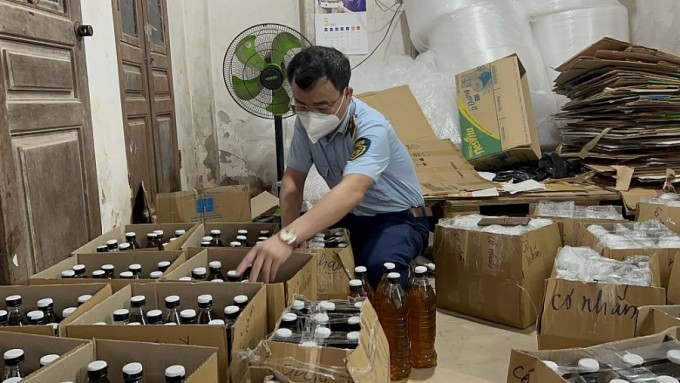
A Hanoi market management officer counting consignments of counterfeit honey.
According to the police forces, 70 kg of malt can produce up to 45 liters of honey. Each 1-liter bottle of honey is sold by this facility to the market for 99,000 VND. The estimated value of the temporarily seized counterfeit honey shipment was nearly 200 million VND.
The owner of the facility admitted that these honey products were sold on the Facebook e-commerce platform. The owner was also unable to present business registration papers, invoices proving the lawful origin of raw materials and goods used at the facility.
This violation poses potential risks of food safety and hygiene, greatly affecting the health of consumers. It can also severely damages the image of Vietnamese honey export industry in the international market if these acts are not prevented in time.
There was an incident in 2018-2019 related to the injection of impurities into shrimp with footage posted on Youtube (https://www.youtube.com/watch?v=UWZRj3Xcbds). An expert on food safety control in Europe shared that when the footage was made public, potential partners in Vietnamese shrimps have held a negative view of Vietnamese seafood quality as well as a loss of confidence in dealing with our country's exporters.
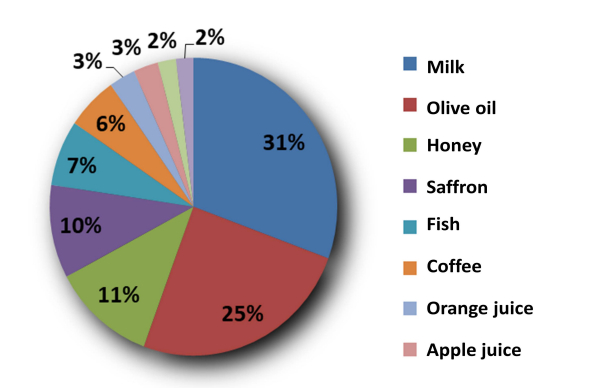
Data on counterfeit products from the USP Food Fraud Database (currently Decernis).
If no radical solutions are made to control the counterfeiting of honey, the agricultural sector will suffer great consequences. Specifically, the honey industry will suffer a serious decline in the confidence of domestic consumers, causing great difficulties for businesses to produce quality products following the legal process.
Without the trust and support of domestic consumers, deep-processed honey products will face challenges in research and development to compete with international products due to lack of resources. Consequently, Vietnamese honey will only be exported raw with low value. Moreover, information about a high rate of counterfeit in the production of Vietnamese honey will paint a negative picture and cause difficulties in price negotiation with export partners.
Regarding solutions to prevent the counterfeiting of honey and protect the interests of consumers, it is necessary to understand the purchasing process and apply information technology to trace the origin, and disseminate the importance of proper sampling and testing in reputable laboratories to raw material procurers.
In addition, consumers need to be made aware of the importance of the origin of honey, processing facilities as well as the test results of the sample lot representing the product they purchased is important to prevent counterfeiting.
For instance, if a distributor of honey is also a direct buyer from the beekeeper, the distributor should assign a code for each beekeeper and properly take a representative sample for each imported shipment and perform testing at reputable laboratories. This testing includes not only quality criteria such as: Moisture, Diastase, Saccharase, Ethanol0 etc. but also microbiological criteria, antibiotic residues, pesticide residues among others. Most importantly, the finished product must be certified as pure honey without sugar.
In the Tentamus group, there is a reputable honey laboratory known not only in Europe but around the world. This laboratory is called Quality Services International (or QSI for short) with headquarters in Bremen, Germany. This is the world pioneering laboratory in testing honey. In addition, Tentamus also has an anti-food fraud center, or Tentamus Center for Food Fraud (TCF2).
Tentamus Group developed a plan to construct a honey laboratory in Vietnam with the goal to provide technical support to help Vietnamese honey businesses export to major markets such as the US or EU, as well as to propose solutions to minimize the counterfeiting of honey on the market in order to protect the interests and health of consumers.
Translated by Nguyen Hai Long
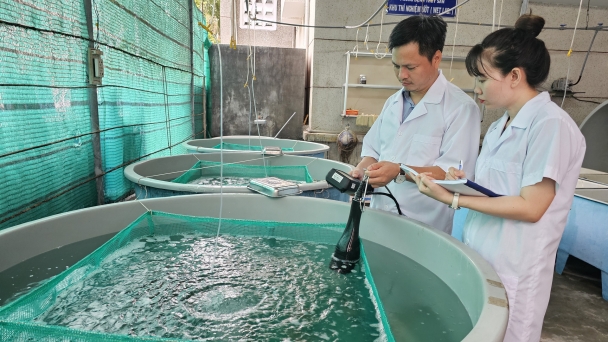
(VAN) To contribute to the sustainable development of aquaculture, scientists have conducted experiments to determine the waste load from lobster farming activities.
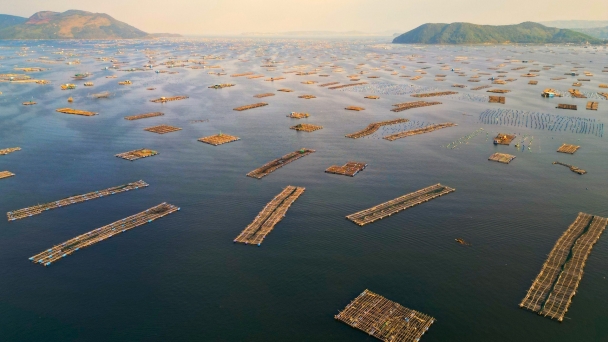
(VAN) The South Central region has recently encountered a number of challenges and difficulties in the lobster mariculture industry, demanding immediate attention in order to advance towards sustainable development.
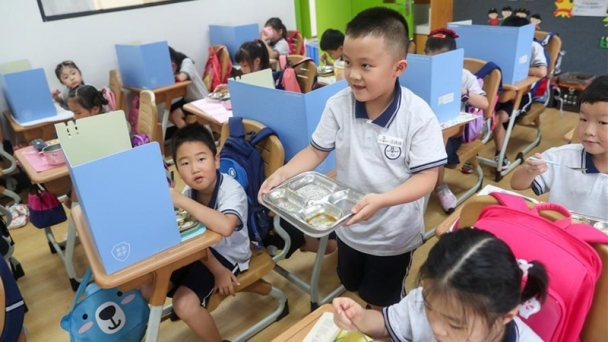
(VAN) China has announced an action plan to reduce food loss and waste, aiming to establish a more sound long-term mechanism by the end of 2027.
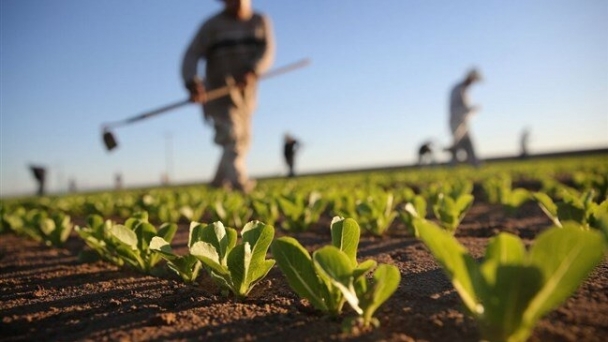
(VAN)An official in the Iranian Agriculture Ministry has said that the target to expand overseas farming has been mentioned in a five-year vision plan that will end in the calendar year 1407 (ending March 2029).
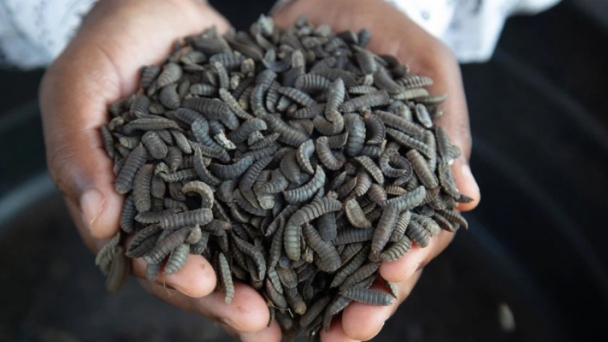
(VAN) At first, the suggestion to try farming maggots spooked Mari Choumumba and other farmers in Nyangambe, a region in southeastern Zimbabwe where drought wiped out the staple crop of corn.

(VAN) The State of Agricultural Commodity Markets 2024 looks at global trade flows of nutrients and possible obesity drivers.
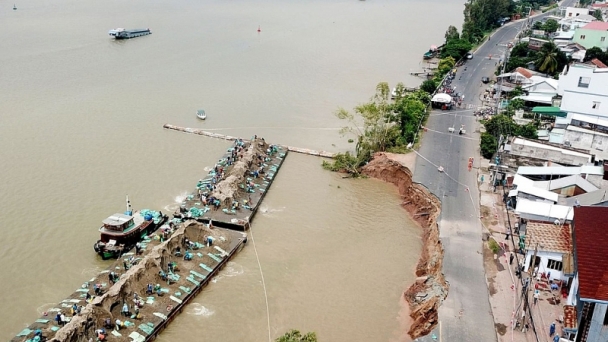
(VAN) Experts agreed that with the same construction costs, the multi-purposed water works should be prioritized at the forum ‘Strengthening Communication on Proper and Effective Water Use to Ensure Water Security in the Mekong Delta’.